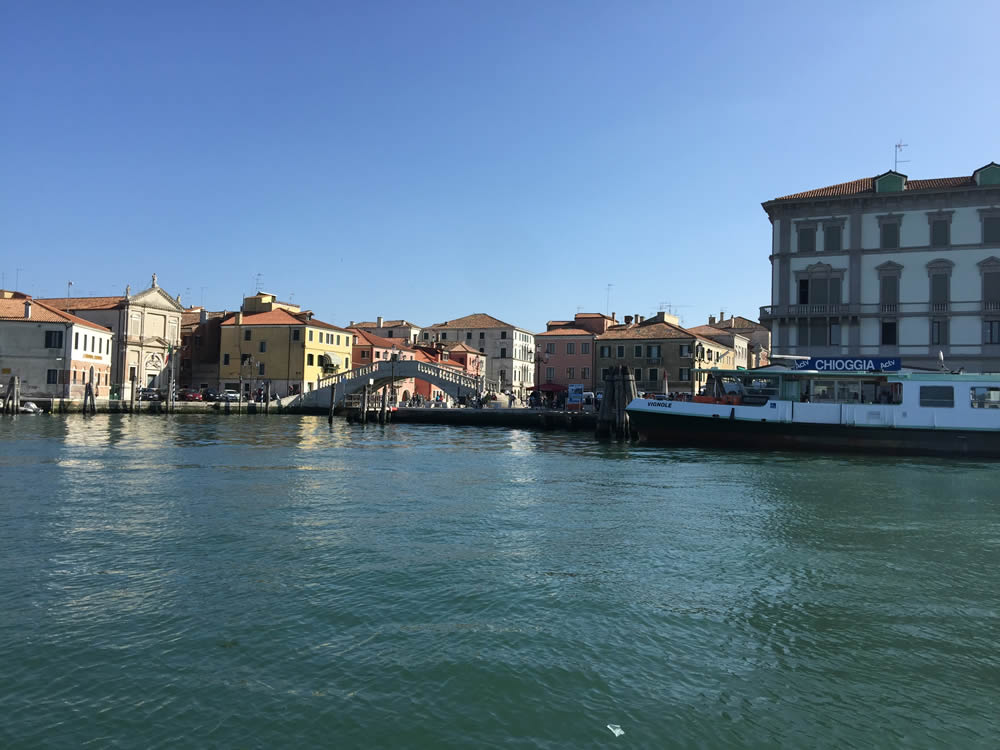Chioggia: Venice’s Little Sister with a Soul of Her Own
Tucked away at the southern edge of the Venetian Lagoon, Chioggia is often referred to as “Little Venice”—but don’t let the nickname fool you. While its canals, bridges, and architecture may remind you of its more famous sister, Chioggia has a distinct personality, forged over centuries of independence, rivalry, and resilience. This is a city that shares blood with Venice, but beats to its own rhythm.
Chioggia’s roots reach far back into Roman times, long before Venice became the Queen of the Adriatic. By the early Middle Ages, Chioggia was already a strategic maritime center, thanks to its position between the open sea and the salt-rich southern lagoon. In fact, Chioggia was once so crucial that it gave its name to the War of Chioggia (1378–1381), a bitter naval conflict between Venice and its arch-rival Genoa. Though Venice ultimately prevailed, Chioggia paid a high price—occupied, besieged, and reshaped by war.
Yet Chioggia remained proud and productive. It became one of the key suppliers of salt, then as now a precious commodity, and its fishermen turned the city into a bustling center for seafood. The salty rivalry with Venice lingered beneath the surface, too—Chioggiotti have long considered themselves distinct from Venetians, more hardworking, down-to-earth, and rooted in tradition.
At first glance, Chioggia does look like a miniature Venice. There’s a main canal, the Vena, crossed by a series of stone bridges, and lined with colorful buildings and moored boats. But look closer, and you’ll notice the differences: the pace is slower, the crowds are smaller, and the vibe is unmistakably local.
Chioggia’s fish market—the Mercato ittico—is one of the oldest and most vibrant in Italy, and still plays a central role in daily life. Every morning, fishermen unload their catches, from eels and cuttlefish to clams and sardines, many of which make their way into the city’s rustic but flavorful cuisine. Try the “sarde in saor” or “zuppa di pesce”, and you’ll taste centuries of tradition in a single bite.
And here’s a curious twist: Chioggia is also known as the birthplace of the mechanical clock. In the bell tower of Sant’Andrea church, you’ll find what’s believed to be the oldest working clock tower in the world, dating back to the 14th century.
In recent years, Chioggia has begun to draw more attention, especially from travelers seeking a more authentic alternative to Venice. Yet, it remains refreshingly unspoiled. Locals still ride bicycles through narrow alleys, laundry flutters above the canals, and the pace of life reflects the sea, the sun, and the tides.
Far from being just a shadow of Venice, Chioggia offers a mirror—one that reflects the lagoon’s shared heritage, but with its own stories, humor, and character.
So if you’re looking to explore the Venetian Lagoon beyond the beaten path, let Chioggia surprise you. Because sometimes, the little sister has the most interesting tales to tell.



